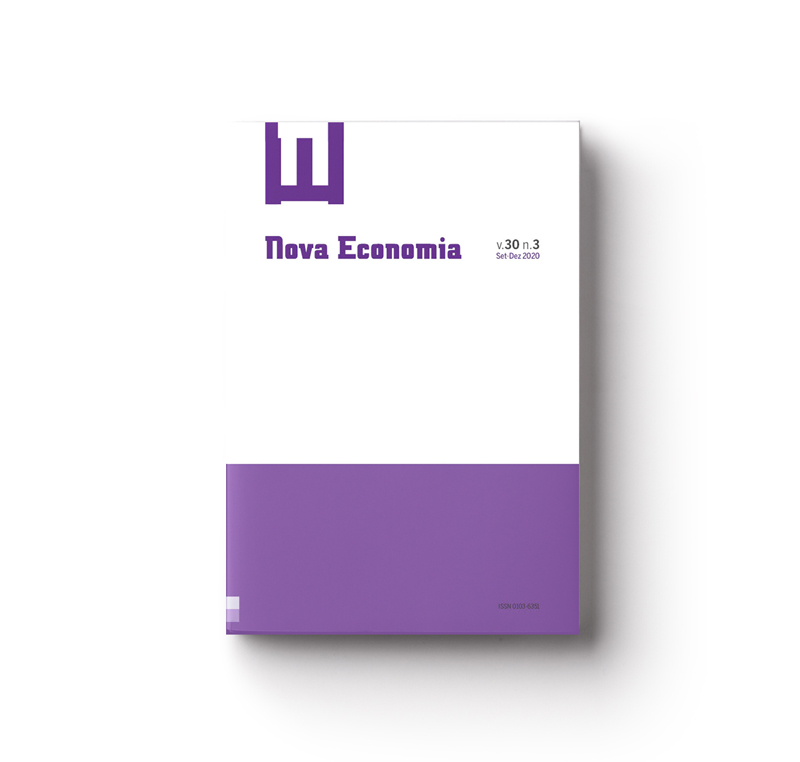On China and the “Market Socialism” as new socio-economic formation
Abstract
The aim of this paper is to demonstrate that the growth of the state sector in the Chinese economy, accelerating since 2009, opens conditions to conclude that the Chinese model is something that is distancing itself historically from a typical model of state capitalism and is even further from being a liberal capitalism. Faced with a range of evidence, we affirm that the market socialism in China can already be classified as a “New Socio-Economic Formation” (NSEF) that has its main attribute in complexity, since it implies that it is a formation marked by the coexistence of different modes of production. Since it is not social formation at the height of its development, the market socialism must be treated as a phenomenon governed by combinations of different modes and relations of production. Classifying and exposing the laws governing the development of socialist market economy will be the aim of the analysis in this work.
Downloads
Published
How to Cite
Issue
Section
License
Copyright (c) 2021 Elias Marco Khalil Jabbour, Alexis Toríbio Dantas

This work is licensed under a Creative Commons Attribution 4.0 International License.
Authors who publish with this journal agree to the following terms:
- Authors retain copyright and grant the journal right of first publication with the work simultaneously licensed under a Creative Commons Attribution 4.0 International License that allows others to share the work with an acknowledgement of the work's authorship and initial publication in this journal.
- Authors are able to enter into separate, additional contractual arrangements for the non-exclusive distribution of the journal's published version of the work (e.g., post it to an institutional repository or publish it in a book), with an acknowledgement of its initial publication in this journal.
- Authors are permitted and encouraged to post their work online (e.g., in institutional repositories or on their website) prior to and during the submission process, as it can lead to productive exchanges, as well as earlier and greater citation of published work (See The Effect of Open Access).




